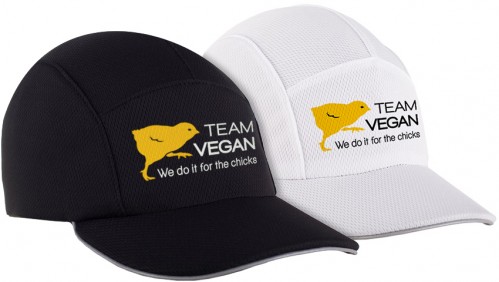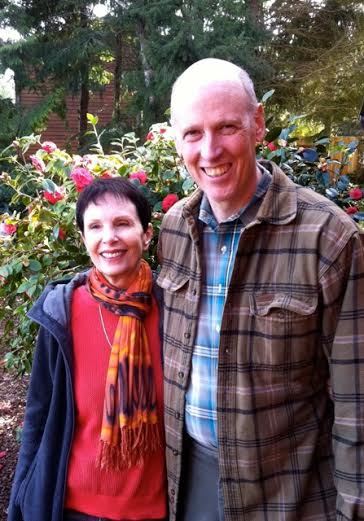This semester, Vegan Outreach intern Carlos Contreras has leafleted 80 different schools, reaching more than 56,000 students; VO’s Mexico Outreach Coordinator, Emmanuel Marquez, has leafleted 83 campuses, placing booklets into the hands of over 64,000 students; and Mexico’s most prolific Adopt a College volunteer, Katia Rodriguez, has leafleted 10 different schools, reaching more than 10,000 students!

Today I had the chance to work with the owners of a new vegetarian / vegan restaurant at an event that was held where I study; this event was focused on environmental-related topics. They were selling vegan food since 9:00 am at the main hallway; I started leafleting after exams somewhere around 12:00 pm. I thought I wasn’t going to be able to hand out as many leaflets as I was hoping, since students were just taking exams and leaving home afterwards, but surprisingly, there was a 100% take rate, and 505 students and attendants were reached.
A good amount of people that received leaflets decided to try vegan food, so it was a win-win situation: they read about veganism and tried vegan food right after doing it; people were really open. Four people that I reached were already vegan or vegetarian, and some others – especially moms – asked basic questions about veganism, since their sons / daughters decided to turn vegan recently.
—Katia Rodriguez, 4/21/15

Today was an amazing day. We visited the BUAP with a lot of support from local activists. There were so many good things that it was hard to keep track of them: literally thousands of people reading the leaflets all over the campus, countless people asking for more info, and conversations that ended in people willing to give veg eating a try.
Aurelio [below, left] is a vegan chef that helps through developing easy recipes. Cesar [below, center] is a high school professor who after a long talk told me he changed his perception of animals and started to look at them as subjects instead of objects; he will start moving to vegan eating and took a bunch of leaflets for his students. Elena [below, right] was already aware of the plight of animals in farms; she is a vegetarian but now she is going vegan. It was incredible.
—Team Vegan member Emmanuel Marquez, 5/18/15

Support VO’s Adopt a College leafleting program: Have your donation doubled today! The more money raised, the more animals spared from suffering.








